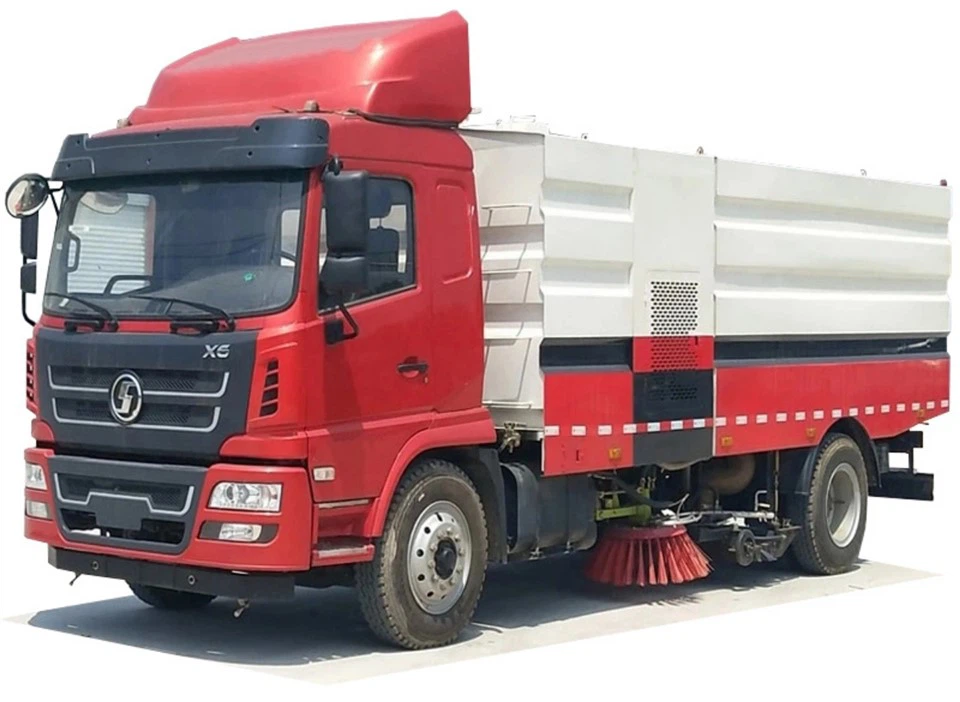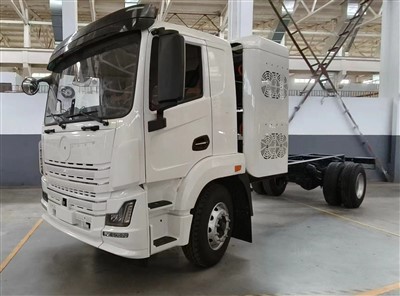Understanding Garbage Trucks: The Essential Guide

Introduction to Garbage Trucks
Garbage trucks play a fundamental role in modern waste management systems. These vehicles are responsible for collecting waste materials from residential, commercial, and industrial areas, ensuring that our cities remain clean and hygienic. This article will delve deep into the world of garbage trucks, examining their types, functions, and the technology that powers them. In addition, we offer practical tips for proper waste disposal and address common questions about garbage trucks.
The Evolution of Garbage Trucks
History and Development
The concept of waste collection dates back centuries, but the garbage truck as we know it began to take shape in the 19th century. Early waste collection methods involved horse-drawn carts. As industrialization progressed, motorized vehicles emerged, drastically improving efficiency.
Modern Innovations
Today’s garbage trucks are high-tech machines equipped with hydraulic lifts and compactors. These advancements enable waste collectors to pick up larger amounts of garbage with less effort, maintaining a clean environment efficiently.
Types of Garbage Trucks
Front Loader Garbage Trucks
Front loader garbage trucks are primarily used for commercial waste collection. They have a large hopper in the front, allowing them to lift and dump large bins quickly. Their compact design is excellent for maneuvering in tight spaces.
Rear Loader Garbage Trucks
Rear loaders are ubiquitous in residential waste collection. They are designed for smaller pickups and have a loading mechanism at the back. Workers can easily walk behind the truck and toss garbage into the compartment.
Side Loader Garbage Trucks

Side loaders allow for automated waste collection. These trucks feature robotic arms that can pick up bins from the side, minimizing the need for manual labor. This type is gaining popularity due to its efficiency.
Roll-Off Trucks
Roll-off trucks are specialized vehicles designed to transport large containers, ideal for construction sites or large clean-up projects. They can handle significant waste volumes and are typically equipped with a hydraulic system for efficient loading and unloading.
Compactor Trucks
Compactor trucks have a built-in compacting mechanism that compresses waste, allowing them to transport a larger load compared to regular trucks. This type of truck is often used in areas with high waste generation.
How Garbage Trucks Work
Collection Process
The garbage collection process usually begins early in the morning. The drivers navigate predetermined routes, stopping at designated collection points. In residential areas, residents are advised to place their trash bins at the curb the night before.
Compaction Process

Once the garbage is collected, it enters the truck’s compaction system, where it is crushed to maximize space efficiency. This process is essential to reducing the number of trips the truck needs to make to the landfill.
Disposal at Landfills and Recycling Centers
After the truck is filled, the waste is taken to landfills or recycling centers. At recycling centers, items are sorted and processed for reuse, significantly reducing waste in landfills.
Environmental Impact of Garbage Trucks
Reducing Landfill Waste
Garbage trucks, by efficiently collecting waste and transporting it to appropriate facilities, directly impact the reduction of landfill waste. Recycling initiatives implemented by municipalities have made significant strides toward this goal.
Emissions and Sustainability
Many cities are transitioning to CNG (Compressed Natural Gas) and electric garbage trucks to minimize emissions. These trucks have a lower environmental impact compared to traditional diesel-powered vehicles.
Public Awareness and Recycling Programs
Public awareness campaigns encourage residents to separate recyclables from general waste. Garbage truck operators often partner with local communities to promote sustainability and proper waste disposal.
Best Practices for Waste Disposal
Separation of Recyclables
It is vital for residents to separate recyclables such as plastics, glass, and metals. Many municipalities provide clear guidelines on what can be recycled, and following these instructions helps reduce landfill waste.
Proper Disposal of Hazardous Waste
Hazardous waste, including batteries and chemicals, requires special handling. Check local regulations for disposal sites designated for hazardous materials to ensure they are handled safely.
Composting Organic Waste
Residents can significantly reduce the waste transported by garbage trucks by composting organic materials. Composting involves collecting food scraps and yard waste, turning them into nutrient-rich soil for gardening.
Education and Community Programs
Engaging in local community programs that focus on waste management practices can improve overall efficiency. Schools, businesses, and organizations can collaborate to promote responsible waste disposal.
The Future of Garbage Trucks
Technological Advancements
As technology continues to evolve, garbage trucks are becoming smarter and more efficient. Advanced GPS systems, route optimization software, and real-time tracking allow for better planning and less fuel consumption.
Robotics and Automation
Robotic technology is gradually being incorporated into garbage collection. This not only enhances efficiency but can also improve worker safety by reducing physical strain on garbage collectors.
Sustainability Initiatives
The push for sustainability is leading to the development of green technologies in the waste management sector. Garbage trucks powered by alternative fuels and those designed with eco-friendly materials are on the rise.
FAQs about Garbage Trucks
1. What types of garbage trucks are most common?
The most common types of garbage trucks include rear loaders, front loaders, and side loaders, each serving different waste collection needs.
2. How often do garbage trucks collect waste?
This varies by location, but in many urban areas, garbage trucks collect waste weekly, while commercial waste may be collected more frequently.

3. What can I do to help my local waste collection service?
To help, you can follow proper waste disposal guidelines, separate recyclables from trash, and place your bins out on the assigned collection day.
4. Are there environmentally friendly garbage trucks?
Yes, many cities are adopting CNG and electric garbage trucks to reduce greenhouse gas emissions and improve air quality.
5. What happens to the waste collected by garbage trucks?
After collection, the waste is transported to landfills or recycling centers where it is sorted and processed for disposal or recycling.
6. Can garbage trucks collect hazardous waste?
Garbage trucks generally do not collect hazardous waste. Special collection services are often provided for such materials, and residents should follow local guidelines for disposal.
